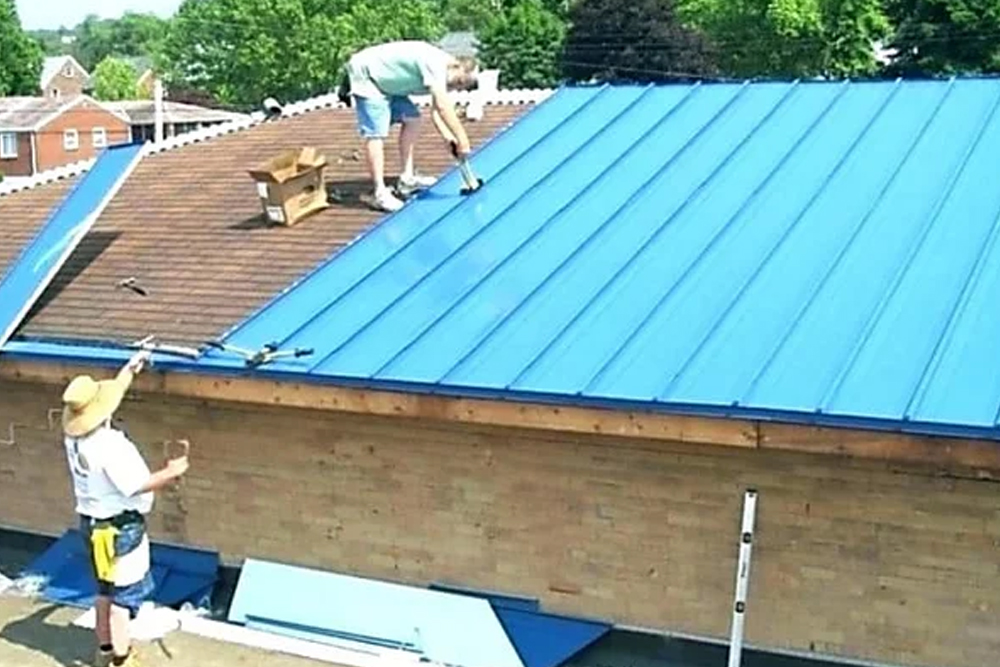Window replacement jobs: roles, skills, and what to expect
Window replacement work spans installation, removal, and finishing tasks in residential and commercial settings. People entering this career typically learn practical skills on the job or through vocational programs, and they work alongside construction teams, glaziers, and carpenters. This article outlines common duties, training paths, safety considerations, and how to find trustworthy local services or potential roles without presenting specific job listings.

What do window replacement jobs involve?
Window replacement roles focus on assessing existing frames, measuring openings, removing old units, and installing new windows to meet performance and code requirements. Technicians often handle a range of materials—vinyl, wood, aluminum, and composite—and must ensure proper flashing, sealing, and insulation to prevent air and water infiltration. Work may include trim, plaster patching, or coordinating with other trades such as roofing and siding. Precision, steady hands, and attention to manufacturer instructions are important to achieve weather-tight results and meet warranty conditions.
How does installation practice vary in France?
In France, installation practices follow local building codes, energy performance standards, and typical construction methods used across different regions. Installers may need to consider historic building regulations in older urban areas versus modern thermal and acoustic requirements in new construction. Language of technical documentation and certification processes can differ, so understanding French standards and local permitting processes helps ensure compliance. When working in France, collaborating with local services familiar with regional codes and supplier networks contributes to smoother installations and correct paperwork for inspections.
What career paths exist within construction and window work?
A career in window replacement can lead from entry-level installer to specialized roles such as glazing technician, site supervisor, estimator, or project manager within construction firms. Some professionals focus on retrofit and energy-efficiency upgrades, while others specialize in high-performance or custom glazing systems. Trade progression commonly combines on-the-job experience with vocational qualifications in carpentry, glazing, or construction management. Soft skills like client communication, scheduling, and basic estimating broaden opportunities for moving into supervisory or sales-support roles within installation companies.
What skills and certifications support a stable career?
Key skills include accurate measuring, material knowledge, safe ladder and scaffold use, and competence with sealants and fasteners. Certifications related to glazing, occupational safety (such as working-at-height or equipment training), and compliance with thermal performance standards add credibility. Familiarity with digital tools—takeoff software or mobile apps for measurements—can improve efficiency. Employers often value reliability, the ability to follow technical installation guides, and a commitment to quality workmanship, which supports positive customer reviews for local services and long-term professional reputation.
How to find local services and consider job openings safely
If you’re researching opportunities or local services in your area, focus on reputable companies with clear portfolios, verified reviews, and documented safety practices. For career exploration, check trade associations, vocational schools, and regulated apprenticeship programs rather than treating online mentions as direct job offers. This article provides general information and should not be taken as a list of active job openings or hiring guarantees. Always verify any advertised positions or services with the provider and consult local labor regulations and certification requirements before accepting work.
Conclusion
Window replacement work combines practical installation skills, an understanding of building performance, and collaboration with broader construction teams. Whether considering this career or seeking reliable local services, prioritize hands-on training, safety qualifications, and knowledge of regional standards—particularly when working in different jurisdictions such as France. Information here is intended to guide understanding of typical roles, pathways, and considerations; it does not represent specific hiring opportunities or guaranteed employment. Independent verification is recommended when evaluating companies, certifications, or job notices to ensure they match current local regulations and market conditions.






